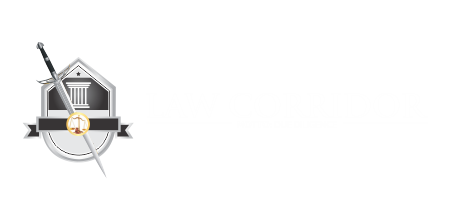By Susan Shimave, Esq.
On June 26, 2024, the Federal Government of Nigeria declared it an offence to release skits and music videos without classification by the National Film and Video Censors Board (NFVCB). This directive raises important questions about its legality and impact on content creators and consumers.
Susan Shimave, Esq., an Entertainment Law Expert with Law Corridor, writes exhaustively in her latest industry commentary titled, ‘Assessing the Propriety of Releasing Skits and Music Videos without NFVCB Classification’. We’ve highlighted the key points for your benefit below.
The NFVCB’s classification requirement, though legally sound, must carefully balance said regulation with creative freedom to foster a vibrant and responsible media landscape in Nigeria.
Key Points:
NFVCB Authority: Established by the NFVCB Act of 1993, the Board regulates and classifies all films and video works to ensure adherence to Nigeria’s moral, cultural, and legal standards. Its functions include preventing harmful content, protecting minors, and maintaining public order.
Legal Coverage: The Act’s broad definition of “film” encompasses skits and music videos, making their classification legally justifiable. Courts have supported such regulatory measures, as seen in Ukpabio & Anor v NFVCB (2008).Freedom of Expression: While the Nigerian Constitution guarantees freedom of expression (Section 39), it allows for restrictions to protect public safety, order, and morality (Section 45). The NFVCB’s classification aims to balance these rights with public interests.
Economic Impact: Classification involves fees and a detailed review process, which could financially burden content creators and delay releases. However, it also promotes industry standardization, potentially enhancing the global reputation of Nigerian content.
Cultural Protection: The directive seeks to safeguard Nigerian cultural values by preventing the dissemination of inappropriate or offensive content. It encourages responsible content creation, contributing to a healthier media environment.
The NFVCB’s classification requirement, though legally sound, must carefully balance said regulation with creative freedom to foster a vibrant and responsible media landscape in Nigeria
